Are your fur babies itching like crazy and shake their bodies constantly? Or maybe their eyes became watery all of a sudden or in the worst-case scenario, diarrhea and constant vomiting! This may seem normal from time to time but always remember to track every single thing your pet does as it may be a start of a developing allergy!
Yes, you might bathe your pets and even clean their space regularly (which is really a good thing!) but why do some allergies still stays? And don’t worry, your pet’s allergies can be controlled! You just have to determine what it is and what causes these allergies. Allergies may be more common on dogs than cats but this shouldn’t be a reason to be less careful with your kitties. Don’t forget to consult your vet to help you determine them for accuracy! Here are 3 common pet allergies you should look out for:
1. Food Allergies

This might be the most common one which can be fatal if left unchecked. A food allergy is when the immune system overreacts and produces antibodies to substances that it would normally tolerate and antibodies are produced against some part of the food, usually a protein or complex carbohydrate. Since antibody production is required for an allergy to develop, food allergies usually manifest after prolonged exposure to one brand, type, or form of food so your cat or dog can still have develop food allergy to the same food they've been eating for months or years! Just like us hoomans, cats and dogs can have food allergies too and those allergic responses can range from itchy and irritating to severe and dangerous! Food allergies in pets can begin at any age. Although we understand the mechanism by which food allergies occur, unfortunately, it is not known why these allergies occur and why some pets develop food allergies and others do not.
Causes of Food Allergies
- For dogs
Proteins are the most common cause but other substances and additives can also be responsible. The most common food allergens in dogs are proteins, especially those from dairy products, beef, lamb, chicken, chicken eggs, pork, rabbit, fish, and soy or gluten (from wheat). The antibodies react with the antigens and symptoms occur each time your pet eats these foods. Most dogs are usually allergic to more than one thing.
- For cats
Some of us may believe that grains such as corn are not the most common cause of food allergies in cats, but they are! Food allergies in cats involve a reaction to even only a tiny amounts of an ingredient in a particular food. Protein is usually the source such as beef, dairy products, chicken, or fish. Although it's more often diagnosed in young cats, they can drop by at any age so get them checked as soon as signs of allergy occurs! Food allergies in cats usually occur between the ages of 2 and 6, and must be repeatedly exposed to the allergen usually by eating it every day to develop signs. Cat food allergies are very difficult to diagnose so there's is no symptom that you should overlook even how little it may be.
Signs of Food Allergies
- For dogs
Signs of food allergy in dogs are usually itchy skin or digestive disturbances such as vomiting or diarrhea. Subtle changes may also occur including hyperactivity, weight loss, lack of energy and even aggression! Anything from chronic ear inflammation, gastrointestinal problems, and chronic diarrhea to chronic gas, licking their feet, itchy rear end, or swelling part of the body can be a sign of food allergy! In some rare cases, a severe reaction resulting in anaphylaxis can occur—similar to severe peanut allergies in us hoomans.
- For cats
The symptoms of food allergies in cats can be similar to other medical conditions but typical symptoms of cat food allergies include vomiting, diarrhea, flatulence, loss of appetite, recurrent ear infections, skin problems such as itching and redness, bald areas or actual abrasions of the skin, which is usually caused by the cat scratching themselves because they feel itchy! Skin irritations may take longer to see in cats. Small lumps filled with fluid may develop over a few months, but they usually don’t pop up overnight. Fur ball problems can also be a sign because of swallowing fur when they over-groom themselves due to feeling itchy. Some cats may even develop itching around the rectum, which leads to scooting and may also have frequent bowel movements or strain when they are defecating.
Treatment for Food Allergies
- For dogs
Once you and your vet identified the food your pet is allergic to, a diet is chosen that does not contain that food. There are a number of commercially available, tasty, hypoallergenic diets that can be fed for the rest of your dog's life. Your vet can surely suggest the best choices for your fur babies based on the results of their tests. In some cases though, commercial diets containing the right food ingredients based on your pup's allergy are not available or your pup may not be keen to eat them. If this occurs, you may have to prepare a home cooked diet. Here are some 5 Best Vet-Approved Homemade Recipes You Can Make for Your Dogs that your pup might love!
- For cats
Avoidance of foods that trigger your kitty's allergy is the key! Once your pet has been diagnosed with a food allergy, you can try a hypoallergenic cat food. Ask your vet to give you their best recommendations, one that's accurate to your kitty's food allergy diagnosis with a strict diet trial. But do keep in mind that switching their diet all of a sudden can cause an upset stomach and will make it harder for your vet to figure out the right way to treat your kitty's dietary allergies. This is a common fur parent mistake when dealing with a cat's sensitive stomach. Proper food trials will take about 10–12 weeks in which your cat must eat her new food and nothing else. That means no treats, no scrambled eggs and no kitty toothpaste, unless your vet still approves it. If your cat has a true food allergy, then any sensitive stomach issues should clear up in 2 to 4 weeks. With a disciplined and dietary control, the prognosis for your kitty's food allergies will be great! Here are 5 Best Vet-Approved Homemade Recipes You Can Make for Your Cats that your kitties might love!
2. Skin Allergies

Skin allergies which can also be called allergic dermatitis, are the most common type of allergic reactions in pets! Like us hoomans, dogs and cats are susceptible to developing allergies such as Atopic Dermatitis which can be seasonal and symptoms may begin showing in the spring and fall months especially in Singapore's climate. Another one you should watch out is Flea Allergy Dermatitis caused by flea bites.
Causes of Skin Allergies
- For dogs
If your pup has atopic dermatitis, the immune system reacts too strongly to common environmental allergens that are absorbed through the skin such as mold spores, dust mites, and grass. These become absorbed more easily due to your pup's wounds due to itching and infection which can cause secondary infections. Some dogs are allergic to flea saliva which can cause Flea allergy dermatitis. This makes affected dogs extremely itchy, especially at the base of the tail, and their skin may become red, inflamed, and scabbed and you may also notice signs of fleas such as flea dirt or even spot the fleas in them. Like what's mentioned above food allergies and sensitivities can also cause itchy skin.
- For cats
Scratching the head or neck is a common sign of skin allergies. Cats can have allergic reactions to grooming products which contains substances that has the allergen. Like mentioned above, food allergy can cause skin allergy as well. Environmental irritants such as pollen or flea bites mainly to the fleas' saliva can also be the culprit which is Flea allergy dermatitis. A single bite can cause a reaction for five to seven days, so you don’t need a lot of fleas for your kitty to have an allergy.
Signs of Skin Allergies
- For dogs
The following signs of skin allergy in dogs could be scratching the skin, licking of the body especially the paws, biting the skin, chronic ear and skin infections, foul odor, hair loss, rubbing against the floor/scooting, watery eyes, cuts, scabs, and open wounds.
- For cats
Skin allergies in cats can also cause hair loss or skin lesions anywhere on the body, including the belly, chewing on the paws or base of the tail, scratching the ears and overgrooming due to being itchy.
Treatment for Skin Allergies
- For dogs
Treatment will be based on the cause of your pup's allergic reaction, the severity of the condition, and possible secondary infections. One of the first steps is eliminating or reducing exposure to the allergens causing the dermatitis. If you are unable to identify the irritants, you can use a process of elimination by removing the environmental factors which you think can trigger an outbreak in your pup's skin. It may be diet, bedding, and even the general environment in which the dog is exposed to. Your vet may also suggest medicated baths/shampoos, antihistamines, antibiotics/antifungal medications, flea control, supplements, hypoallergenic diets, and environmental control. Make sure to talk with your vet in which of these is applicable for your pup's case. If you know which substances your pup is allergic to, avoidance and prevention is the best method of control.
- For cats
After knowing the allergen that causes your kitty's skin allergy, prevention and avoidance is a must! External symptoms like itchy skin will take longer to resolve. Just like food allergies, once you and your vet has identified other medical conditions, diet trials will be establish according to what your cat could be allergic or intolerant to. A minimum 12-week meal trial is recommended for skin issues because it takes that long for a cat to grow a new outer layer of skin cell. These trials will be closely supervised by your vet to make sure your kitty continues to get all their essential nutritional ingredients to stop the skin infections as well. So make sure to talk to your vet about this immediately!
Here are 7 Tips on How to Prevent Flea and Tick Bites on your Pets that might help!
3. Environmental Allergies

Notice your fur baby sneezing so much outside or maybe itchy after a walk?
Environmental allergies might be the culprit! Environmental allergens, which is prone due to Singapore's climate, are the following such as dust, pollen, and mold, which can also cause skin conditions. In most cases, these allergies are seasonal, so you may only notice your fur babies itching during certain times of the year. Direct contact with another animal, object, plant, or irritating chemical substance in their environment.
Causes of Environmental Allergies
- For dogs
Substances that can cause an allergic reaction in dogs are much the same that causes reactions to us hoomans which include the pollens of grasses, trees and weeds, dust mites, and molds. Allergens can also be found inside our homes which includes dust, dust mites and molds. The list of potential allergens is very long, and may vary depending on which plants are found in your climate, how often you do regular cleaning and the chemicals you use to clean. Make sure to research what plants are dangerous for dogs.
- For cats
The causes of environmental allergies in cats are similar to dogs such as trees, grasses, weeds molds, dust, mildew, dander, dust mites, or other inhaled allergens. The list of potential allergens is very long, and varies depending on which plants are found in your climate, how often you do regular cleaning and the chemicals you use to clean. Make sure to research what plants are dangerous for cats.
Signs of Environmental Allergies
- For dogs
Just like food allergies, the most commonly affected areas are the paws and ears (but also include the wrists, ankles, muzzle, underarms, groin, around the eyes, and in between the toes). Signs can also be frequent sneezing when near the allergen due to inhaling them.
- For cats
Usually, signs occur due to inhaling these allergens but direct skin contact with allergens can also cause signs such as frequent sneezing and itching when near the allergen and especially when your kitty came in contact with it.
Treatment for Environmental Allergies
- For dogs
There are lots of things in your pup's environment especially outside! So make sure to choose where you bring your precious pups for a walk. Just as it is mentioned above, allergies can only be prevented and that is avoiding the certain allergens. Be sure to observe your pup's surrounding and clean your pup's space to avoid any dust that might be the one that triggers your pup's allergies! If they're itchy, treatment for skin allergies above can also be done but make sure to talk to your vet first to construct the right prevention as this may be a lifetime environment you must keep.
- For cats
Cats as pets are usually indoors and rarely plays outside. But like mentioned above, there can still be allergens inside your house that needs to be removed. Most cases for kitties are plants, which in worst-case scenario, can be poisonous for them! Make sure to clean their space regularly and talk to your vet about the environment that must be kept to avoid any more allergies to occur! Skin allergies treatment above can also be applicable if your cat is itchy but with vet supervision. Observe and tell your vet what environment your kitty so your vet can instruct you on what environment should be maintained for your kitty to be allergy-free!
Conclusion

The only treatment for allergy is avoidance. Whether this may be food, skin, or environmental allergies (which is actually connected to each other) prevention is the key to stop it! Never try to treat a suspected allergy yourself. It is very crucial to talk to your vet and be observant when it comes to your precious fur baby's behaviors and environment so you and your vet can determine the pesky allergen right away! Also keep in mind that some breeds are more prone to allergies and your vets also know that information. Lifestyle changes is also necessary. Finding ways to reduce or eliminate the allergens will improve your pet's overall quality of life!
Feel free to share this with your fellow pet owner friends who you might suspect their pets to have allergies! You can also leave a comment down below about some tips and experiences about allergies, we would also love to read them!
Sign up to our newsletter down below & follow us on Instagram @sgsmartpaw to stay up to date with our weekly blog articles!

Rose Hazel San Diego
Hazel loves pets & she has owned cats, dogs, & even hedgehogs! She also fosters cats & dogs in need around her area. With her social media & copywriting background, she gladly shares her knowledge of pets through these articles!
Most Recent Articles

Cat Litter in Singapore: Types, Pros & Cons Explained
Choosing cat litter isn’t one-size-fits-all. This Singapore-focused guide breaks down clumping & non-clumping clay, silica crystals, tofu, wood pellets, and paper—how they work, their real-worl...

7 Pet-Friendly Malls in Singapore Every Pawrent Should Know About
Shop, dine, and stroll with your furkid at 7 pet-friendly malls across Singapore—think dog parks, pet lifts, alfresco cafés, and more. Our Smartpaw guide maps the best spots and shares quick tips f...

Every pawrent knows birthdays aren’t just for humans—our furry family members deserve the same love and celebration! From adorable pupcakes to custom-designed birthday cakes, Singapore’s pet bakeri...








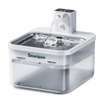





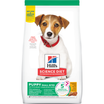

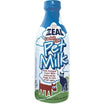




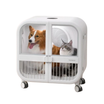

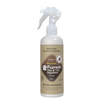
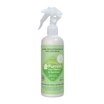
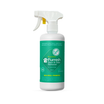
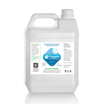
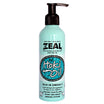

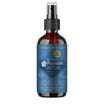


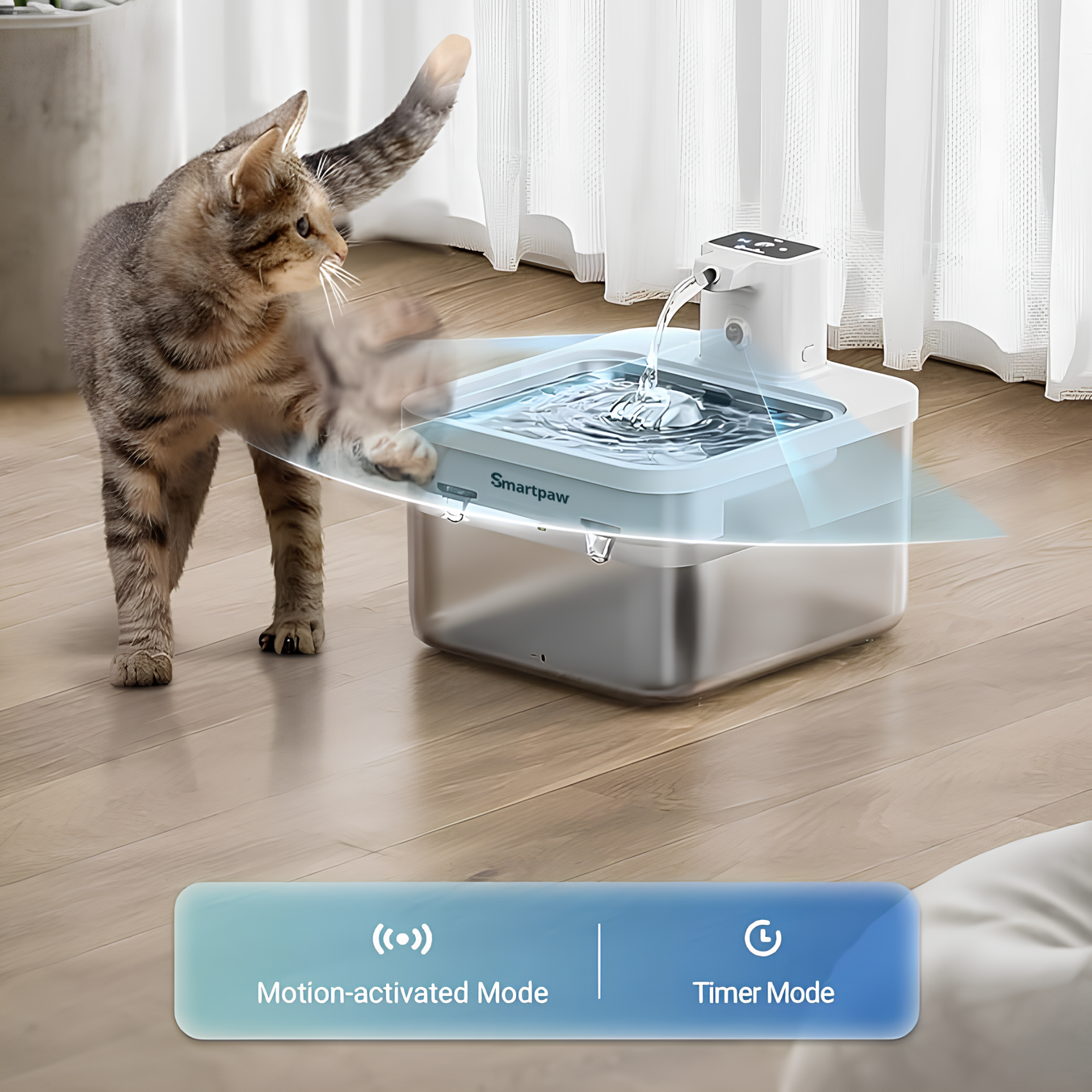
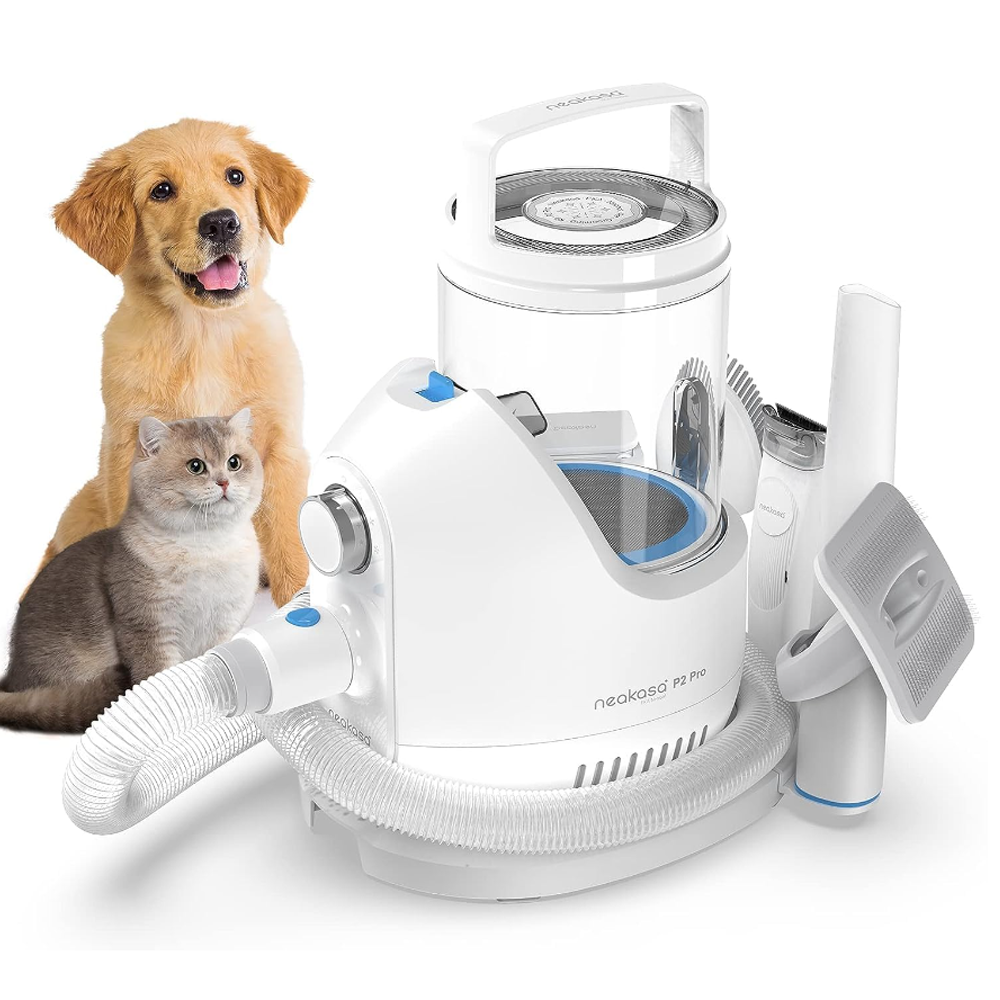



















Leave a comment
All comments are moderated before being published.
This site is protected by hCaptcha and the hCaptcha Privacy Policy and Terms of Service apply.